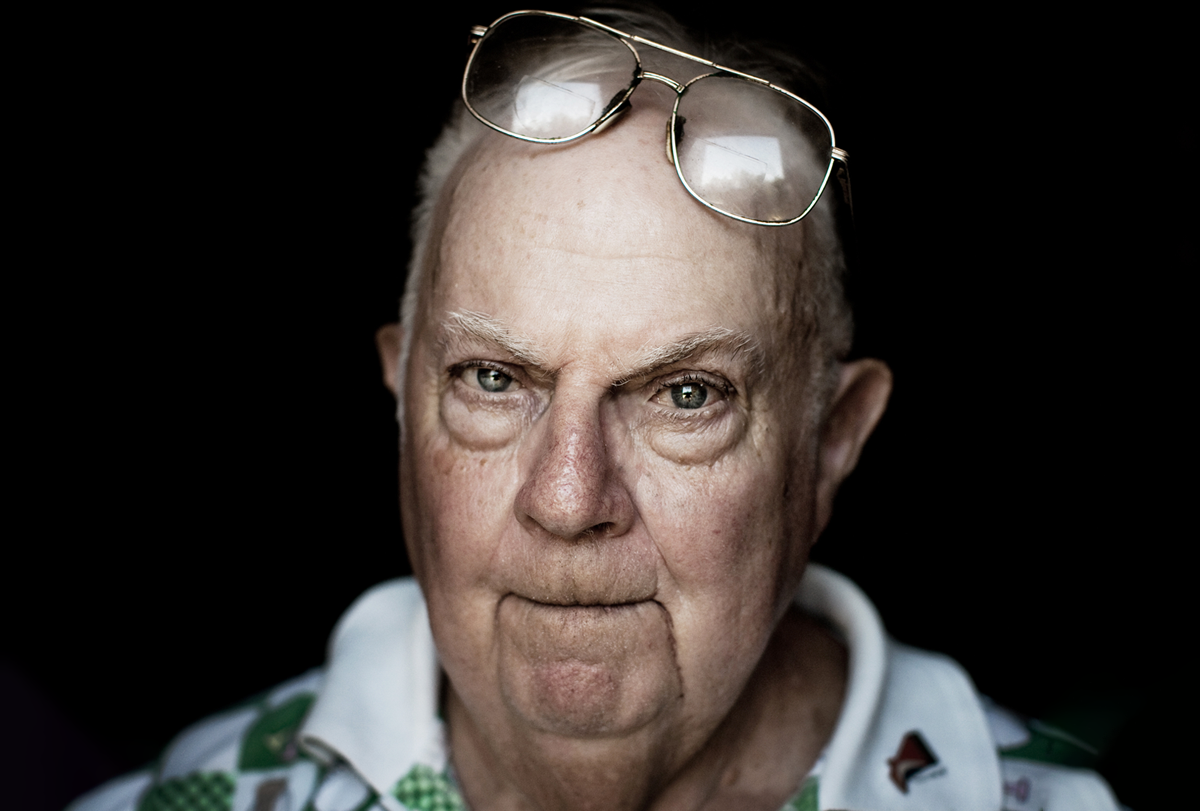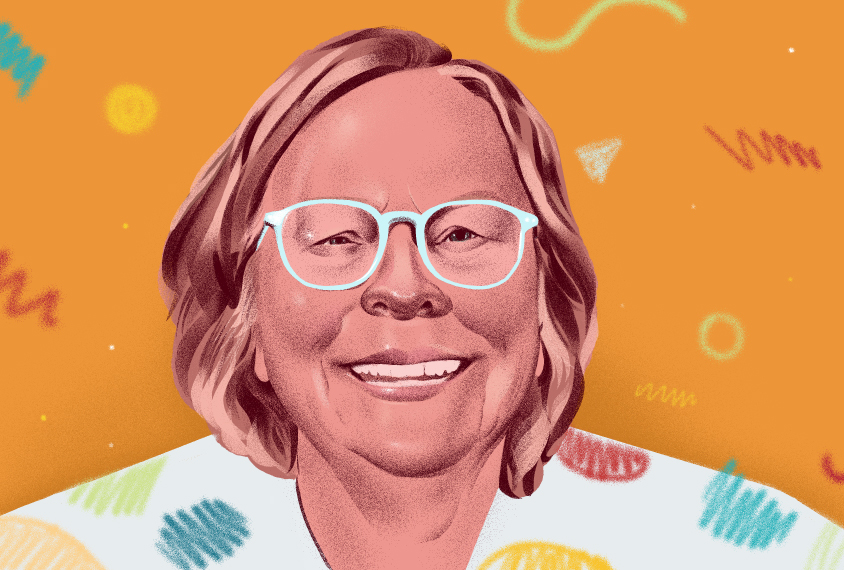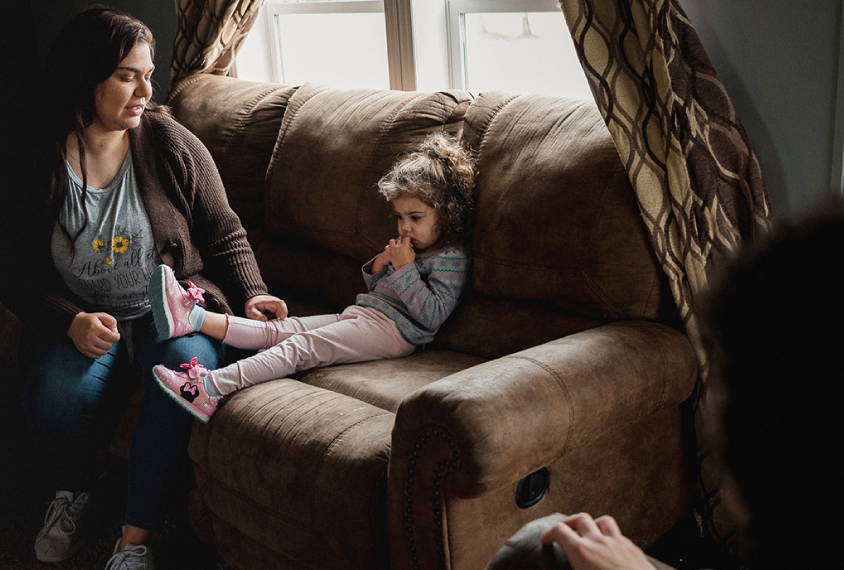Autism diagnosis: A moving target
Recent articles
Donald Triplett, autism’s ‘Case 1,’ dies at 89
Triplett gained media attention for his autism later in life, and he became the face of the effort to research the lives of older adults with autism.

Donald Triplett, autism’s ‘Case 1,’ dies at 89
Triplett gained media attention for his autism later in life, and he became the face of the effort to research the lives of older adults with autism.
Average autism diagnosis delayed by more than two years
The findings may explain why the average age at diagnosis has plateaued at 4 years old.

Average autism diagnosis delayed by more than two years
The findings may explain why the average age at diagnosis has plateaued at 4 years old.
Debate remains over changes in DSM-5 a decade on
Changes to the DSM-5’s diagnostic criteria for autism were meant to add clarity, but they also generated new questions.

Debate remains over changes in DSM-5 a decade on
Changes to the DSM-5’s diagnostic criteria for autism were meant to add clarity, but they also generated new questions.
Diagnosing autism with Catherine Lord
In this inaugural episode, Lord discusses her entry into autism research, what the future of the field might look like and how drama club saved her in high school.

Diagnosing autism with Catherine Lord
In this inaugural episode, Lord discusses her entry into autism research, what the future of the field might look like and how drama club saved her in high school.
The promise of telehealth in autism diagnoses
The COVID-19 pandemic forced a reckoning, in which autism clinicians had to redefine best practices and expand how children are evaluated. The remote assessments they developed may help solve a persistent problem: the long wait families endure to get a diagnosis in the United States.

The promise of telehealth in autism diagnoses
The COVID-19 pandemic forced a reckoning, in which autism clinicians had to redefine best practices and expand how children are evaluated. The remote assessments they developed may help solve a persistent problem: the long wait families endure to get a diagnosis in the United States.
Clinicians lack confidence in diagnostic interviews with Black mothers
Implicit biases might be to blame, and the discrepancy persists across clinics, regardless of maternal education, family income and a child’s IQ score.

Clinicians lack confidence in diagnostic interviews with Black mothers
Implicit biases might be to blame, and the discrepancy persists across clinics, regardless of maternal education, family income and a child’s IQ score.
Earlier autism diagnosis associated with greater trait improvement
Children who are diagnosed with autism before age 2 and a half years show more gains in their social skills than children who are diagnosed later.

Earlier autism diagnosis associated with greater trait improvement
Children who are diagnosed with autism before age 2 and a half years show more gains in their social skills than children who are diagnosed later.
Diagnosis timeline drags for Black autistic children
High rates of intellectual disability among Black autistic children may reflect diagnostic delays.

Diagnosis timeline drags for Black autistic children
High rates of intellectual disability among Black autistic children may reflect diagnostic delays.
Explore more from The Transmitter
Shifting neural code powers speech comprehension
Dynamic coding helps explain how the brain processes multiple features of speech—from the smallest units of sounds to full sentences—simultaneously.

Shifting neural code powers speech comprehension
Dynamic coding helps explain how the brain processes multiple features of speech—from the smallest units of sounds to full sentences—simultaneously.
Astrocytes orchestrate oxytocin’s social effects in mice
The cells amplify oxytocin—and may be responsible for sex differences in social behavior, two preprints find.

Astrocytes orchestrate oxytocin’s social effects in mice
The cells amplify oxytocin—and may be responsible for sex differences in social behavior, two preprints find.
Neuro’s ark: Spying on the secret sensory world of ticks
Carola Städele, a self-proclaimed “tick magnet,” studies the arachnids’ sensory neurobiology—in other words, how these tiny parasites zero in on their next meal.

Neuro’s ark: Spying on the secret sensory world of ticks
Carola Städele, a self-proclaimed “tick magnet,” studies the arachnids’ sensory neurobiology—in other words, how these tiny parasites zero in on their next meal.